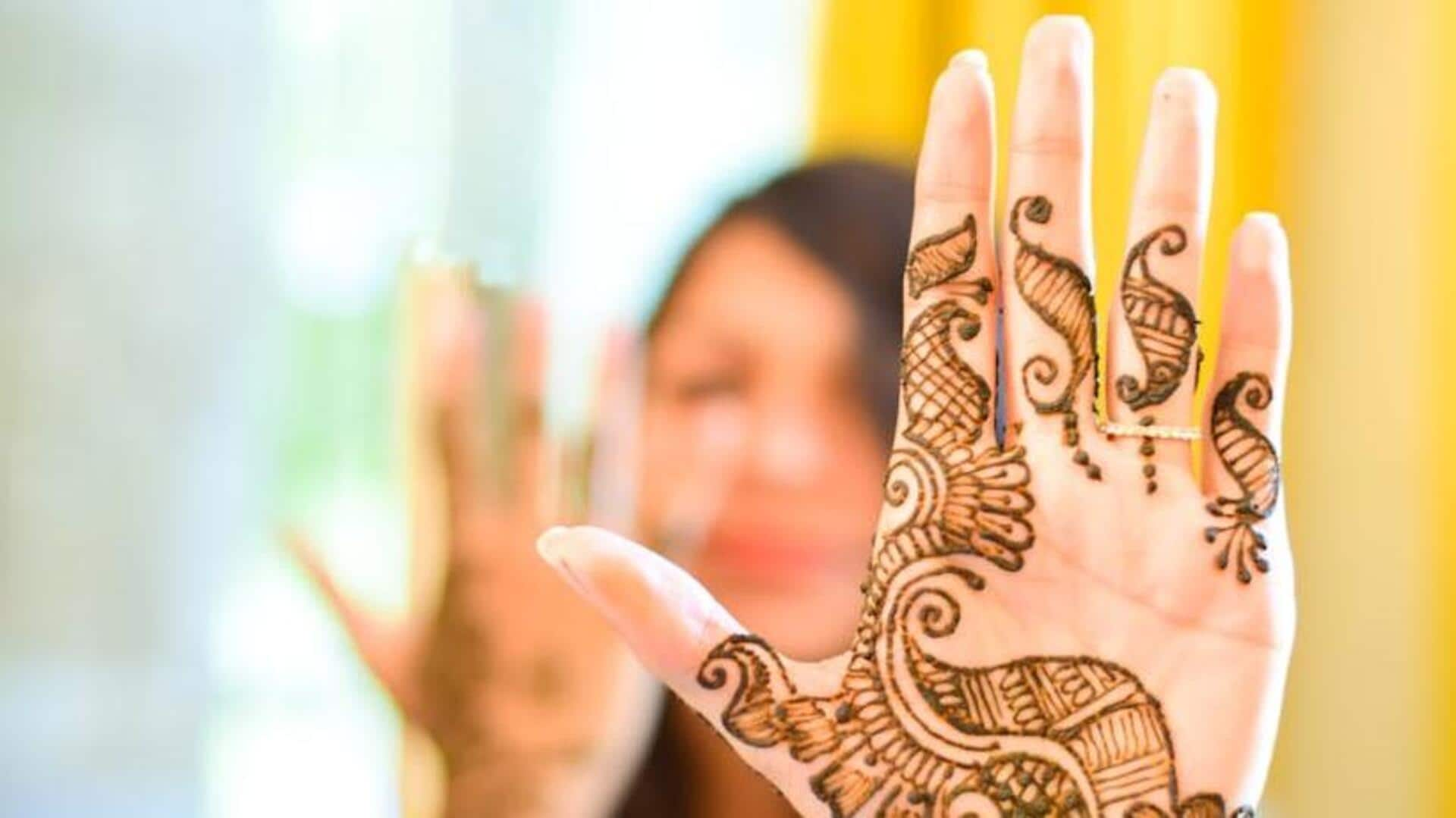
Henna night in Turkish weddings: Exploring the art and tradition
What's the story
Turkish weddings are steeped in traditions, and the most loved of them all is the henna night.
This pre-wedding affair is a fusion of cultural rituals and joyous festivities. It is a symbolic farewell to the bride's single life, replete with music, dance, and colors.
The henna night isn't just about applying henna; it is an affair that unites families in celebration and anticipation of the wedding.
Cultural symbolism
The significance of henna
Henna is of immense cultural importance in Turkish weddings. It represents joy, beauty, and protection to the bride as she starts a new journey.
Traditionally applied to the bride's hands and feet, henna designs are elaborate and meaningful. This ritual is said to bring good luck and keep evil spirits away.
Family members often participate by applying henna themselves, making it a collective experience that strengthens family ties.
Dress code
Traditional attire for henna night
The Turkish henna night attire is both traditional and colorful. The brides usually wear a red dress embroidered with gold, which signifies happiness and prosperity.
Guests also dress in bright colors to match the festive spirit.
The groom can also join in by wearing the traditional outfit or modern formal wear.
This mix of tradition and personal touch makes each celebration unique.
Festive atmosphere
Music and dance celebrations
Music is an integral part of henna nights, bringing a lively spirit to the evening's celebrations.
Traditional Turkish songs are sung as guests dance around the bride in joyous celebration.
Instruments such as drums provide rhythm to these happy gatherings, inviting everyone to join in dancing circles called "halay."
These dances bring people closer together while celebrating cultural heritage through movement.
Sharing blessings
Gifts exchange tradition
Gift-giving also makes an essential part of Turkish henna nights, where family members exchange gifts as tokens of love or blessings toward newlyweds-to-be's future life together ahead.
Common gifts include jewelry pieces like a bracelet or necklace, which carry sentimental value within families over generations, passed down from elders who have experienced similar joyous occasions themselves before them.